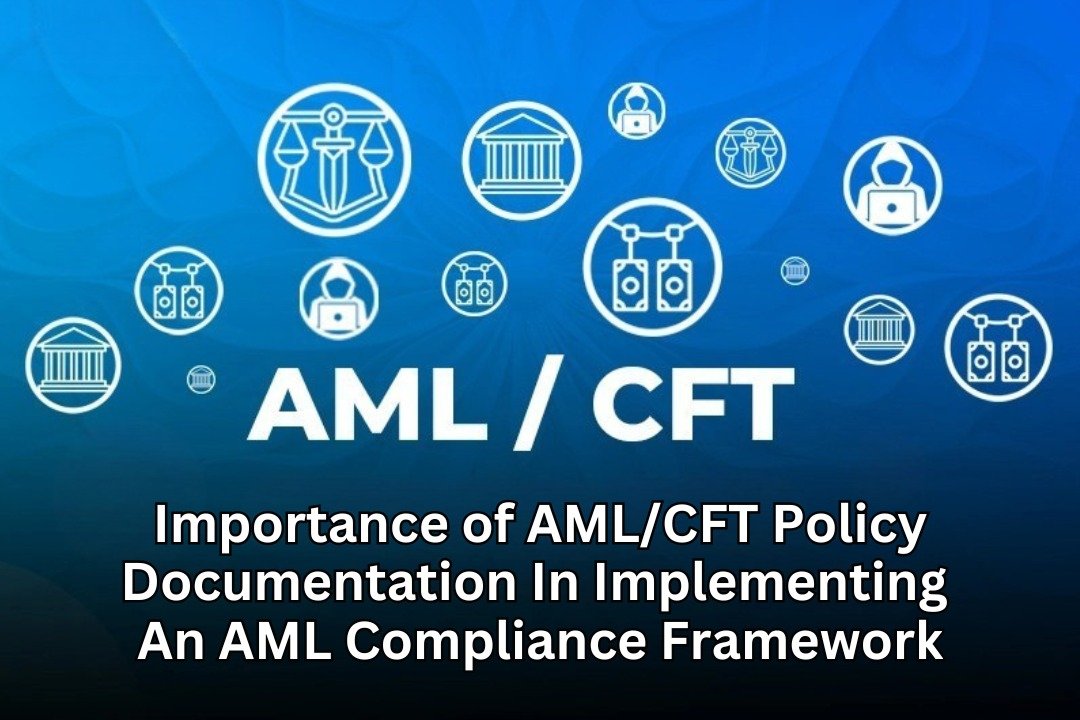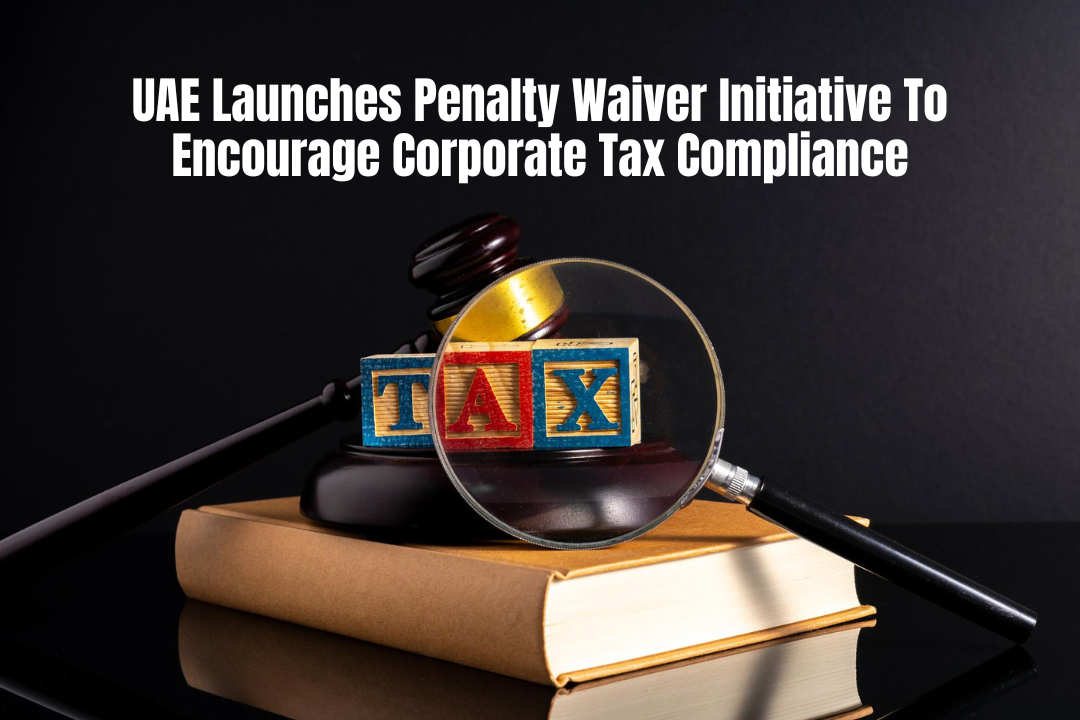Terrorist Financing
Terrorist financing is the covert provision of funds to individuals, groups, or organizations engaged in acts of terrorism directly or indirectly. This illicit financial activity is a critical component of the broader strategy employed by terrorists to carry out attacks, recruit members, and sustain their operations. Funds may be acquired through various means, including donations, criminal enterprises, or state sponsorship.
Proliferation Financing
Proliferation financing involves the illicit funding of activities associated with the development and acquisition of weapons of mass destruction, including nuclear, biological, and chemical weapons. It encompasses financial transactions that enable rogue states or entities to advance their proliferation agendas, posing a severe threat to global security. This shadowy form of financing supports the procurement of materials, technology, and expertise necessary for the production of weapons capable of causing widespread destruction. Combating proliferation financing requires international cooperation, robust financial regulations, and constant vigilance to prevent the flow of funds toward the proliferation of weapons of mass destruction.
How Does it Happen?
1. Procurement: Financial operations linked to the purchase or attempted acquisition of materials and technologies associated with weapons of mass destruction (WMD), such as substances for nuclear enrichment, missile components, or chemical precursors.
2. Logistics and transportation: Funding the transportation of WMD-related items, which involves organizing shipping, insurance, and associated financial services to facilitate their movement.
3. Money laundering: Concealing the source of funds utilized for proliferation purposes through intricate transactions and illicit networks, creating an appearance of legitimacy for the money.
4. Trade-based activities: Manipulating trade transactions, misrepresenting goods, or utilizing fraudulent documentation to disguise the movement of WMD-related items or illicit funds.
5. Front companies and intermediaries: Establishing seemingly legitimate businesses or individuals to serve as intermediaries or camouflage for proliferation activities, presenting a façade of lawful trade or investment.
Why Should We Care?
1. Global Security Threat
Proliferation financing supports the development and acquisition of weapons of mass destruction (WMD), including nuclear, biological, and chemical weapons. The proliferation of such weapons poses a severe threat to global security, potentially leading to devastating consequences if in the wrong hands.
2. Humanitarian Impact
The use of WMDs can result in catastrophic human suffering, loss of life, and environmental damage. Preventing proliferation financing is essential for averting humanitarian crises and preserving the well-being of communities around the world.
3. Preventing Terrorism
Proliferation financing often intersects with terrorist financing, as both involve illicit financial activities. Preventing the flow of funds to entities involved in proliferation contributes to the broader fight against terrorism, reducing the likelihood of attacks on a global scale.
Financial Action Task Force (FATF)
The Financial Action Task Force (FATF), established in 1989 by the G-7 countries, stands as a global force against the insidious threats of money laundering and terrorism financing. Comprising 35 governments and two regional organizations, the FATF operates with the primary goal of safeguarding the international financial system. Recognizing that criminals, including terrorists, can exploit weak controls within various countries’ economic systems, the FATF has undertaken the formidable task of developing standardized procedures to staunch the flow of illicit funds. The FATF’s standards necessitate that governments enact legal measures to ensure the separate punishment of terrorism financing as a distinct crime. By establishing a comprehensive framework, the FATF seeks to fortify the resilience of the global financial infrastructure against the infiltration of criminal elements.
Moreover, the FATF’s focus extends to countering money laundering activities, ensuring the effective implementation of preventive measures within the private sector. This multifaceted approach underscores the organization’s commitment to addressing the complex challenges posed by financial crimes. In tandem with these efforts, the Terrorism Prevention Branch (TPB) of the United Nations Office on Drugs and Crime (UNODC) diligently oversees the legal aspects of universal documents aimed at combating terrorist financing. This includes a thorough examination of internal legislation, punitive measures, and the enforcement of international standards, accompanied by specialized training for law enforcement officials. The FATF remains a pivotal force in the global fight against financial crimes, shaping a resilient and secure financial landscape for nations worldwide.
How Auditac Can Help?
Auditac, through its comprehensive audit and robust compliance solutions for Anti Money Laundering and MLRO services in UAE, plays a pivotal role in addressing terrorism and proliferation financing issues for businesses. Auditac assists businesses in identifying and mitigating vulnerabilities that could be exploited for illicit financial activities.
Auditac helps businesses detect unusual patterns, ensuring swift responses to potential threats. By fostering a culture of financial transparency and compliance, Auditac not only safeguards businesses from legal and reputational risks but also contributes to global efforts in countering terrorism and proliferation financing, promoting a secure and responsible business environment.
For more information about MLRO services in Abu Dhabi or Dubai or Anti Money Laundering compliance services in UAE, feel free to contact us.











